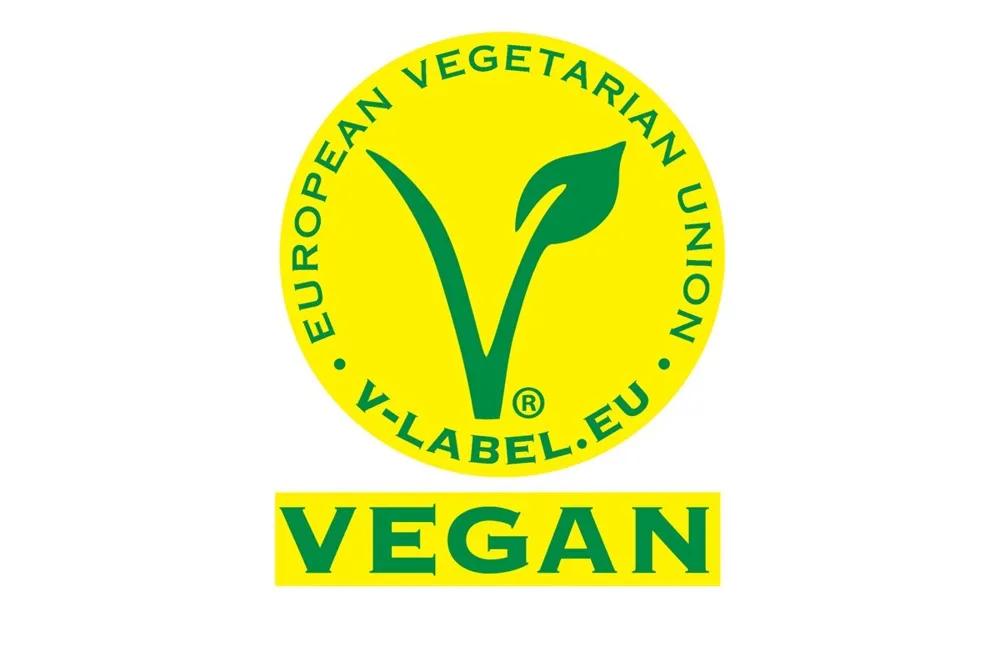Is Your Wine Vegan? A Beginner’s Guide to Vegan Wine
Veganism is more than just a dietary choice, it's a lifestyle that's rapidly gaining popularity. Whether driven by concerns about animal welfare, environmental sustainability, or considerations of personal health, many people are embracing veganism in all aspects of their lives. But did you know that wine can also be vegan? In this article, we will explore the world of vegan wine—what it is, how to identify it, and where to find it.

Wine and food pairing in a vegan bistro (Photo: Midjourney, prompt by Sylvia Ba)
What Makes a Wine Vegan?
At first glance, it might seem like all wine should be vegan. After all, wine is just fermented grape juice, right? While that's true to a point, the winemaking process can introduce non-vegan elements. You may ask, how exactly can a wine not be vegan?
The answer lies in the fining agents used during production. Fining is a process winemakers use to remove unwanted particles that filtering alone can't eliminate. These particles can affect the wine's clarity, texture, and flavor. Traditionally, the most commonly used fining agents are derived from animal products, including:
- Egg whites – Used primarily in red wine to soften tannins.
- Gelatin – Sourced from animal bones, used in both red and white wines.
- Isinglass – A gelatin-like substance from fish bladders, often used in white wines.
- Casein – A milk protein, also used in white wines to clarify and stabilize.
In addition to these fining agents, some winemakers use animal-derived materials in their packaging, such as beeswax to seal bottles or glue made from milk-based products in corks.
For a wine to be truly vegan, it must either be unfined or use plant-based or synthetic alternatives for fining. Common vegan-friendly fining agents include:
- Bentonite – A natural clay.
- Activated charcoal – Used to remove impurities without altering the wine's flavor.
Additionally, the packaging must be free from animal products.
Does Vegan Wine Taste Different?
You might wonder if vegan wines taste any different from their non-vegan counterparts. The truth is, it's hard to make sweeping generalizations. However, the fining process can have a subtle impact on the wine's taste and texture.
Unlike filtering, fining removes soluble substances such as tannins, phenols, and proteins, which can slightly alter the flavor profile. For example, fined white wines might taste smoother, while fined reds may have fewer tannins, making them less astringent. However, the differences are usually minor and do not significantly affect the overall flavor.
Interestingly, many vegan wines are unfined, which can result in a slightly hazy appearance and a more rustic, robust flavor. Some wine lovers appreciate this natural style, as it often brings out the wine's true character.
How to Identify Vegan Wine?
One of the biggest challenges for vegan wine enthusiasts is identifying vegan wines, as they're not always clearly labeled. While some wineries have adopted vegan certification processes, the vegan label is not required in most countries. Instead, wine labels typically only disclose food allergens like milk or egg products, making it tricky to determine whether a wine is vegan or not.
In recent years, though, certification bodies have emerged to help consumers identify vegan-friendly wines. Look for labels that say "Certified Vegan" or "Vegan Friendly" on the bottle. These certifications ensure that no animal products are used in the production or packaging of the wine.

The vegan wine label ( Logo: European Vegetarian Union)
It's also important to note that organic wine and natural wine are not necessarily vegan. Organic and natural wines are focused on sustainable farming practices and minimal intervention in winemaking, but they can still use animal-derived fining agents.
Where to Find Vegan Wines?
If you're vegan, how do you find vegan wines? On the wine shelf, you can always look for vegan certification labels. It is the most reliable way to identify vegan wines. However, it's not always that simple, as many wines don't carry such labels. While certification is helpful, it's not always present. Fortunately, the growing demand for vegan products has led to more options becoming available both online and in stores.
Some wine merchants specifically cater to customers seeking vegan-friendly wines, offering a wide selection. You can also ask at your local wine shop or research specific wineries that produce vegan wines. Many smaller, boutique wineries are more transparent about their winemaking methods and are eager to meet the needs of vegan consumers.
At VinoVoss, we clearly label the vegan wines and offer a wide range of options for you to explore. Simply include “vegan” in your wine search, and we will recommend wines that pair perfectly with your dish or match your mood. Cheers!
Sylvia Ba



